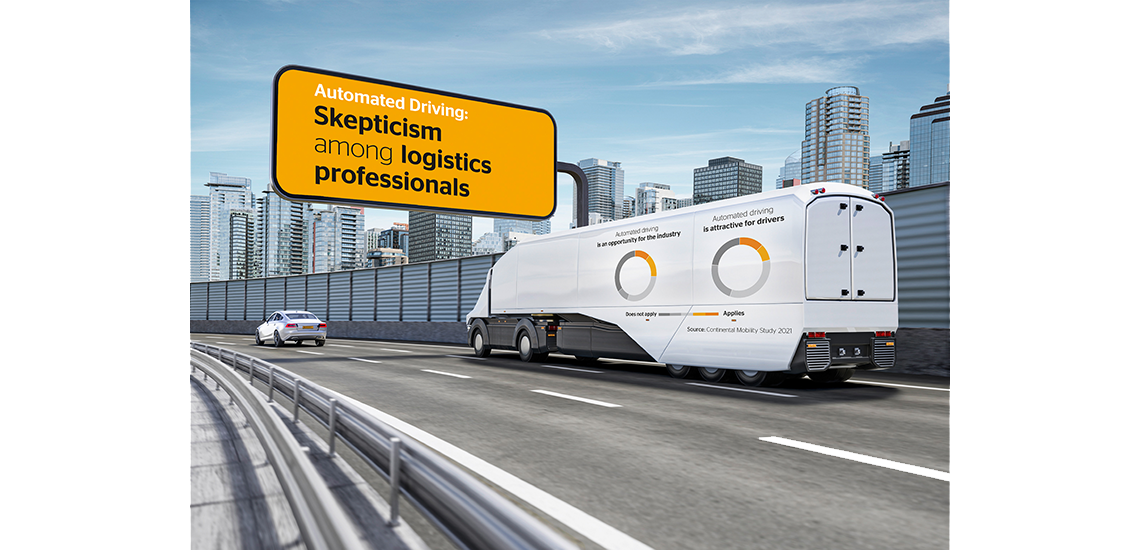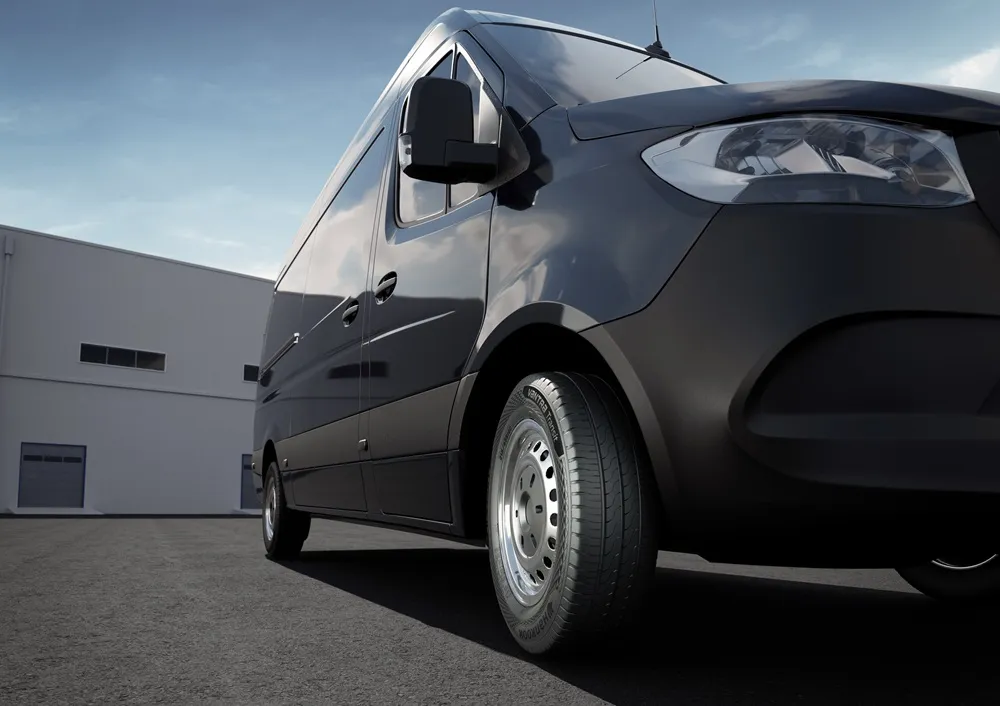In a length study, Continental has found evidence that transport companies fear being behind the grain in digitalisation while maintaining a critical attitude to automated driving, even though the environmental and economic benefits are gaining momentum.
Digitalisation Continues to Drive the Industry
Continental has discovered a growing concern with German transport companies who believe they will start to fall behind in digitalisation. In “The Connected Truck” paper, carried out by infas (Institute for Applied Social Science, headquartered in Bonn, Germany) and commissioned by Contine...
Digitalisation Continues to Drive the Industry
Continental has discovered a growing concern with German transport companies who believe they will start to fall behind in digitalisation. In “The Connected Truck” paper, carried out by infas (Institute for Applied Social Science, headquartered in Bonn, Germany) and commissioned by Contine...








